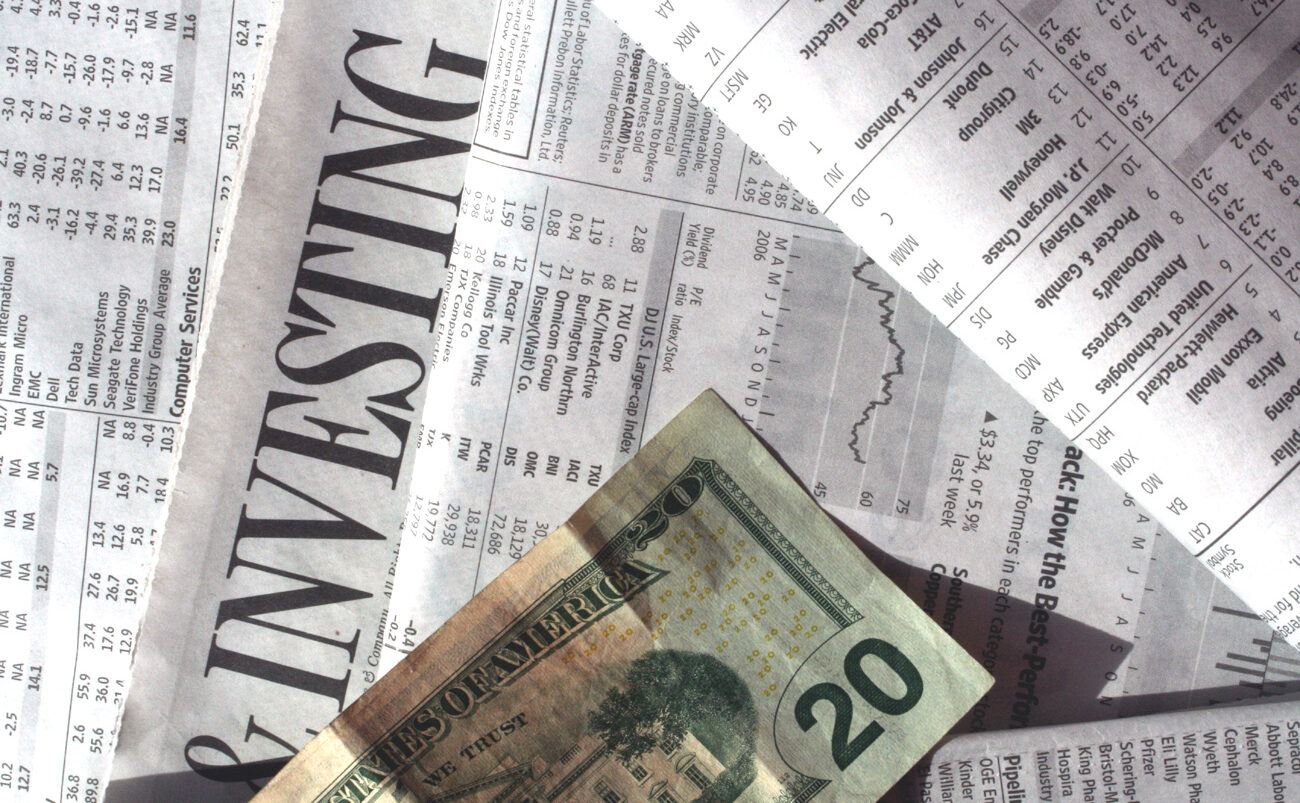Should I invest money (outside of a 401(k)) in stocks instead of savings accounts? If so, how much?
tl;dr: Yes, after you have an emergency fund, and you’ve set aside cash for large upcoming (within 5-ish years) expenditures like a new car, kids’ braces, college, or a home project. Basically, you want to meet your cash needs first (emergency fund and upcoming expenses) and then invest the rest in a mix of stock and bond index funds.
pl; ria (Perfect length; read it all):
YES! You do not want huge piles of cash sitting there, doing nothing for you. In fact, holding too much cash loses you money because of inflation. So, you want to have cash on hand for emergencies. General recommendation is 3-6 months’ of expenses in your emergency fund – closer to 3 if you’re in a low-cost, stable income, low turnover employment situation; closer to 6 or even 12 if you’re commission, or in a high turnover career, or if you have especially thin operating margins in your budget. When my husband was coaching football in college and the NFL, we had a much higher emergency savings target because the turnover was SO high. Now that he’s got a union high school teaching job, our target is lower.
You don’t really want to invest money that you have set aside for large expenses coming in the next 5-ish years. This could include saving for a down payment on a house, saving for medical expenses, a new car, a home renovation, a big trip, etc. You’ll want to keep that in cash also.
WHAT KIND OF CASH?
Ok, weird question, I know. Isn’t cash just… cash? You can keep your cash in literal cash, stuffed in the mattress (do not recommend) or hold it in cash at your bank, or investment brokerage. OR, you could invest your cash in “cash equivalents”, which are usually money market funds. At time of writing (June 2023), the Fed has jacked rates up pretty high, and so these money markets are paying anywhere from 3-5%, but are still a very liquid (meaning you can pull out your funds when you need them) and safe. I like keeping 1 month’s savings in cash in a savings account linked to our checking for instantaneous transfers when needed, and then the rest in a brokerage account. Those brokerage account funds are usually accessible in 2-5 days.
NOW FOR THE INVESTING
Beyond your immediate cash needs, yes, you should be investing. I personally like a 90/10 split between equities (stocks) and fixed income (bonds/treasuries). This is a pretty aggressive split, but my husband and I are relatively young and still have time to recover from a down market. A very common split is 60/40 (equities/fixed income). You want to diversify within your equities and fixed income, and the cheapest and easiest way to do that is by investing in index funds. Index funds track a given benchmark (like the S&P 500 or NASDAQ Composite Index or the Russell 3000). Since they aren’t managed by some stock picker trying to beat the market, their fees are affordable, and their performance should be in line with the benchmark they track. For example, the S&P 500 has averaged a 11.88% return since its inception (1958 through 2021), so your S&P 500 index fund should have the same long-term projected growth. Likewise, you’ll want to diversify your fixed income portfolio as well. There are all kinds of fixed income funds that serve this purpose as well. You can ask your brokerage if they have their own index funds, and often you can save more money on fees by using theirs. Forbes ranked the top 2023 total bond market funds by expense ratio, and their options include TIAA-CREF, Norther Bond Index, Vanguard, Schwab, and Fidelity.
As your money grows, and you become a more sophisticated investor, you can start to focus on different assets, equities or markets, and same with fixed income, but above I’ve outlined the easiest and cheapest way to go about starting to invest.

